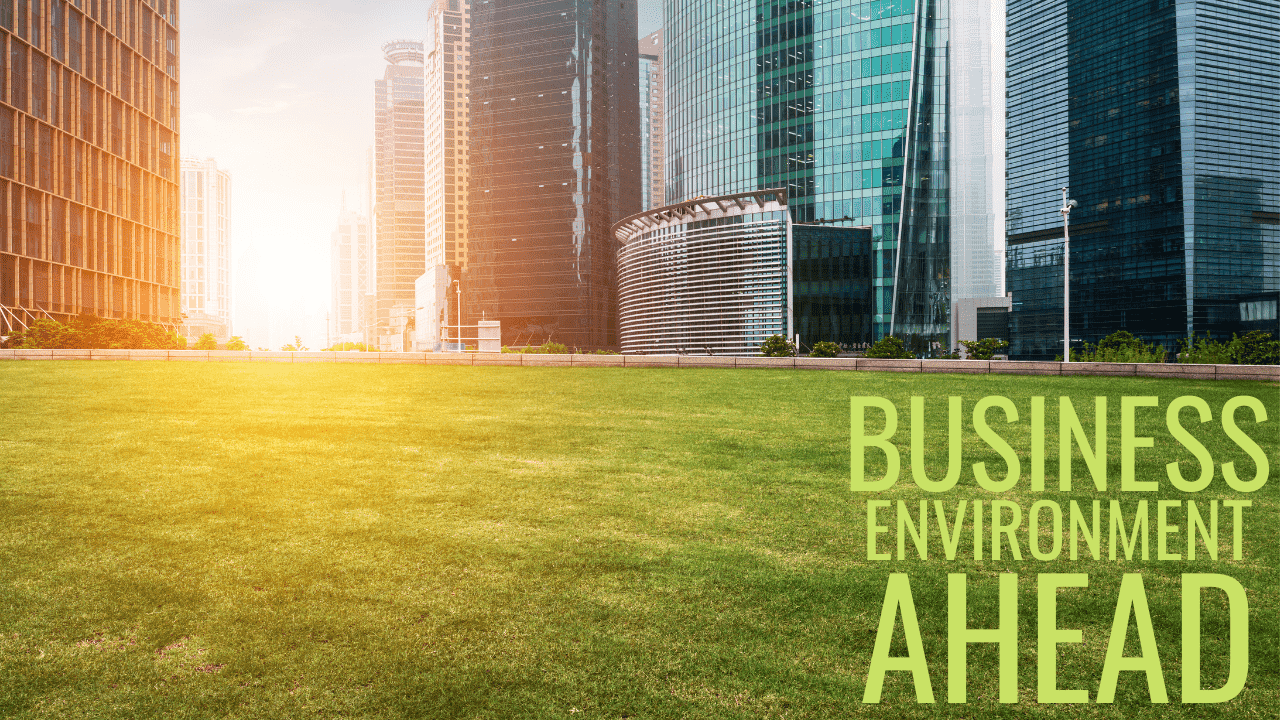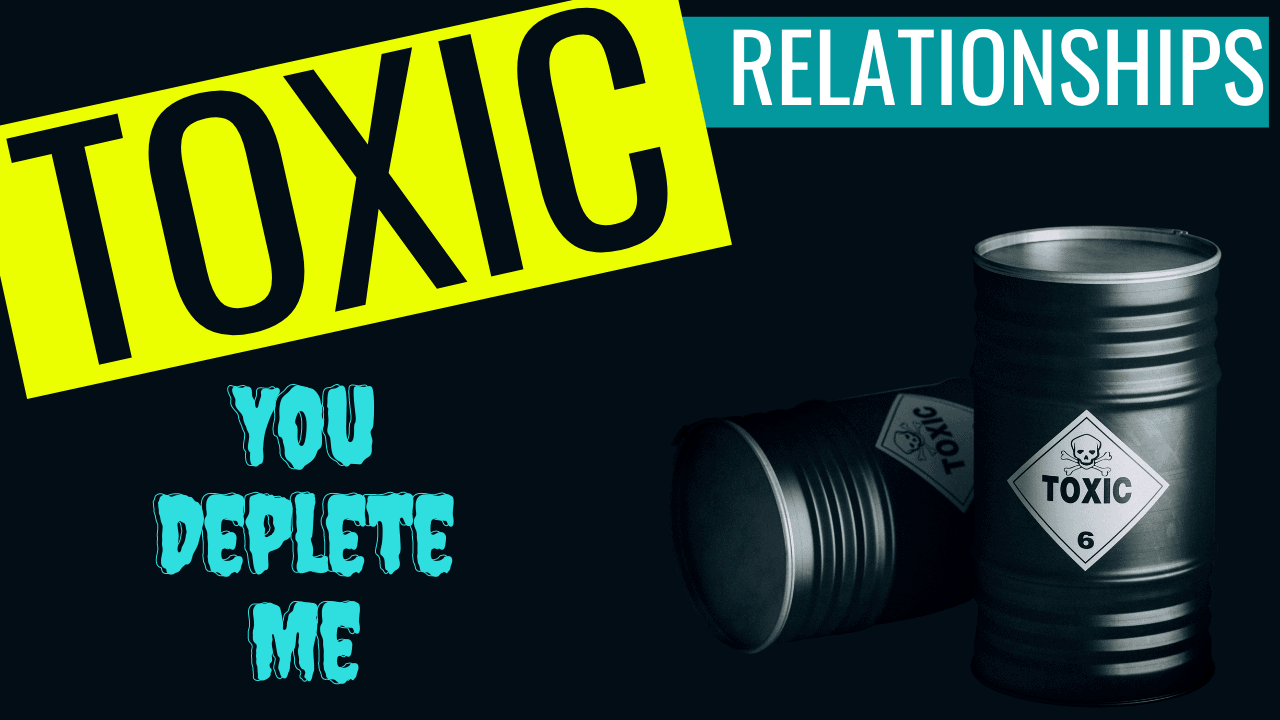With the business world changing rapidly, it’s important to be able to adapt to what’s happening now as well as be prepared for what comes next. Against the rampant greed of disaster capitalism, a flexible, multidimensional approach through radical authenticity and conscious leadership is needed to awaken our curiosity and courage. We are being called to demonstrate the possibility of a thriving future. Conscious leaders everywhere must develop a working knowledge of digital vocabulary and terrain, so we are not bamboozled by colours, lights, bells, and whistles. We will not stand by while Universal Basic Income offers humanity meagre subsistence – just enough to keep the masses alive and compel them to sell their data for the most modest of luxuries.
Blockchain and self-sovereign digital identity are the mechanisms that will drive the transition to IoT monitoring for the purposes of Pay for Success deal evaluation (aka the selling off of humanity). We know transnational global capital interests through the United Nations Sustainable Development Goals are perpetrating the “Great Reset” against humanity and nature. If you’re still not sure about this, please check out the 2,000+ practitioners of ESG investments at the Impact Management Project. We are up against the most powerful hoarders of wealth on the planet and their avarice and access to elected officials knows no bounds. The rich do not have borders. Companies do not have borders. Borders are for managed populations – livestock. To the Davos crowd, we are livestock to be tagged and managed by satellites from space for profit.
We are in the midst of an epic struggle. Will natural life prevail against the billionaires’ plans to push us into the machine? Will we be enticed into a virtual reality where they will digitally nudge us and bet on our compliance? It is vital that we are very intentional about our next steps because, at some not-too-distant point, there is no turning back. In an impact investment scenario, media messaging must ultimately advance the interests of funders. Funders will pay content providers for desired behaviour change. Narratives will be weaponised not only as propaganda but as profit centres through innovative financial instruments like impact securities. Articles, tweets, comments, video clips, feature films, online games, even virtual simulations will be coordinated to achieve (or impede) social change. Powerful investors will use their “donations” to compel digital media influencers to deliver (or withhold) votes, catalyse (or suppress) protest, and deliver (or derail) accountability to the public.
“Don’t react. Respond instead. Exercise some forethought into what you’re about to say and do.”
― Akiroq Brost
Top 5 Factors Driving Increased Business Volatility
These increasingly complex and volatile times demand organisational and leadership development that enables future-fitness, agility and resilience in ways as yet unseen. The number one most important thing facing our leaders today is the capacity to embrace this complexity, be aware of the dangers, and transform the organisation amid turbulence. With a toxic cocktail of rising stress at work, market volatility, disruptive innovations, and spiralling bureaucracy, many leaders feel overwhelm as do many employees. Our task is not for the faint-hearted. It requires great courage to widen your circle of compassion amid increasing tension, fear and uncertainty. Conscious leaders must undertake a fundamental shift in worldview, in how we perceive our sense of self, our relationship with others, and our sense of place and purpose within this world. There is a multitude of reasons driving increased volatility over the next few years; let’s explore five factors that are particularly pertinent to the business environment:
#5 Globalisation
The world of business is increasingly interconnected. We export, import, fly, ship, and truck more materials and goods between geographical locations than ever before, and the trend is increasing. Business has been abuzz with the topic of globalisation for the last couple of decades, and now it is upon us, evidenced by goods and services across all industries being sold and delivered across all regions in the world. No country or market remains untouched by globalisation. All parts of the world are accessible to global market forces.
We have become a global village of trading organisations with interconnected capital and money markets. Shocks in one part of the world send ripples throughout the whole interconnected world economy. Globalisation’s antithesis is localisation. However, the two do not have to be mutually exclusive. In fact, finding the harmonic balance is key for our global community’s future viability and success. Globalisation that seeks to destroy local expertise, local diversity, and the ability of local communities to provide basic essentials for themselves is a globalisation that will only erode local and, in turn, global resilience – eventually leading to its own demise.
#4 Digitisation and Media
The all-pervasive internet makes the ‘always-on, working any time, any place, anywhere’ environment a reality. The digital age, e-commerce, open-source and virtualisation are a very real part of our economy and society, only set to increase if Big Data has its way. Whether it be social media helping to aid civil unrest, going ‘viral’ with government secrets, or exposing suspect business behaviour, digitisation is opening up traditional boundaries between work and home life, and also between private and public life as well.
How and what businesses communicate is increasingly important. It is becoming more difficult and expensive to keep business behaviour private. In this way, authentic business “walking the talk’ is increasingly important. Marketing and promotional communications that do not stack up to the reality of actual business behaviour will be mercilessly exposed for the untruths they seek to obscure. Digitisation also encourages disruptive technologies to emerge that challenge the status quo of business. For example, co-creation open-source technology environments, where people across different geographies can collaborate, share ideas and innovate together. Such open-source’ environments challenge business norms of intellectual property rights and patents.
As the print model of journalism crumbled, new media paradigms emerged, creating both opportunity and peril. A 2015 article by Anya Schiffrin and Ethan Zuckerman for the Stanford Social Innovation Review, “Can We Measure Media Impact? Surveying the Field” discusses efforts to devise metrics for media impact, grounded in social change rather than advertising reach. The implications of these developments are chilling. Media is changing, becoming more online than offline, more visual than text. Surveillance and predictive analytics are built into everything. We are inundated with information processed by opaque algorithms. Few people are aware of the sophisticated ways our emotional engagement with online content can now be analysed. If you haven’t checked out Affectiva yet, do it. The way content creators and investors can track media consumption and engagement with digital platforms, correlating it to offline behaviour in the burgeoning world of augmented reality and the Internet of Things, is unnerving.
Media streams, including playlist education, can be intentionally or unintentionally curated to create feedback loops that lead people to certain ways of thinking. If media can be tied to outcome-based funding streams, then content producers can be compelled to deliver “results” to private investors. As a member of humanity, you need to know what those results will be. Who gets to decide? Whose interests are advanced? Do they seek behaviour change? Political action? Cultural shifts? Are we looking at a future where we have propaganda not only as an end in itself, but also as a “social impact” profit centre?
#3 Responsible Business
The interconnectedness driven by globalisation and digitisation brings with it the need for leaders and business to be smarter, or simply more transparent and truthful. Once truth is sought, it ultimately needs to be the whole truth and nothing but the truth – hence, business models that perform against KPls (Key Performance Indicators) that do not measure the whole truth will need to explain, and live up to, their path towards measuring the whole truth. Businesses that truly walk the talk shine and differentiate themselves against those that are merely manipulating stories to make their behaviour appear wholesome, when in fact it is not.
It is in the organisation’s best long-term interest to be a responsible business, a business that understands its costs and benefits to the society and environment within which it operates, a business that seeks to take responsibility for its actions and interactions while generating value for its stakeholders. This drive towards business with integrity asks the organisation of the past uncomfortable questions about its business paradigm. Businesses able to find solutions to these uncomfortable questions can reap the rewards that good business sense brings (brand enhancement, customer loyalty, employee engagement). Organisations that do not change their ways will be hunted out by the seekers of truth through the all-pervasive internet. Businesses and executives unable to comprehend and plan for the transformation towards responsible business will become old news.
#2 Pressure on Finite Natural Resources
We must make the best use of the resources we have on our planet. Over the last several decades, we have pillaged our natural assets at an alarming rate. Living off assets, rather than income is short-sighted. As Mohandas K. Gandhi said: “Earth provides enough to satisfy every man’s need, but not every man’s greed.”
All our materials, products, food and shelter originate from the natural world. The natural world has been recycling its nutrients for billions of years. We have yet to get our collective heads around how to recycle and reuse effectively. Business acumen and creative potential has not been encouraged or rewarded adequately to get to grips with recycling and reuse on an appropriate scale. In fact, our current business paradigm actually encourages and rewards the opposite – growth based on increased consumption of natural resources, with waste seen as an inconvenient by-product. We continue to extract, heat, beat, treat, transport, consume, and then dump masses of natural resources as waste each year. Exploiting our natural resources beyond their carrying capacity in the name of business is no longer acceptable. Efficiency gains have been siphoned off to achieve short-term profit maximisation for increased shareholder returns. This is hardly good business sense.
#1 Business Risk From ‘Black Swan’ Events
The risk organisations face, due to unpredictable disruptions of large magnitude and consequence, increase as the business world becomes more interconnected, stressed and turbulent. Building resilience into the organisation through robustness and agility helps to absorb negative fallout, while staying best placed to act upon opportunities that arise from disturbances. As the level of uncertainty increases, future scenario planning in business can help with sensing and responding to market disruptions.
“There is little success where there is little laughter.”
– Andrew Carnegie
Business as a Force for Good
Our current prevailing approach to business has led us into the current reality of a debt-laden society, debt-laden economy, and debt-laden environment. Business is part of the problem, yet business is also most definitely part of the solution. Business is a powerful force for change and transformation; it is now time to make it a force for good. Each and every one of us in business has the potential to be a change-agent for the positive adaptation that helps us as individuals, as organisations, as economies, and as a global species. We can each choose to be a part of the problem or part of the solution.
Our ‘work’ need to align with our vitality, passion and deeper soul-sense of meaningful contribution to something greater than our selves. The organisation is a living being to nurture and develop, with every one valued, empowered and engaged. A flourishing, resilient, ecological, soulful, natural business is one that has conscious ways of being and doing woven into the cultural fabric of how it organises and operates. There are certain rhythms, characteristics and qualities that can be explored and nurtured through a deep transformative process that allows for an ‘ecological’ gnosis of our deeper sense of purpose as human beings in this life. This gnosis is an artful undertaking of becoming who we authentically are, an action research into our deeper selves and sense of place and purpose within the world. This gnosis involves three ‘stages’ of unfolding:
#1 Unshackling: Breaking open/Igniting/Awakening this new way of being and doing.
#2 Germinating: Fertilising/Nurturing/Holding this new way of being and doing
#3 Flourishing: Evolving/Celebrating/Improvising this new way of being and doing
With two levels of benefits:
Transactional
Enhanced creativity and inter-relationships across silos, and thinking out-of-the-box, engenders a richer, more diverse culture. Collective intelligence emerges, reducing stress, increasing morale, vitality and wellbeing for more resilient individuals/teams/organisation.
Transformational
Cultural change towards human-centred workplaces provides a deeper sense of purpose, richer stakeholder value and ecosystem culture, and the emergence of resilient/ecological/soulful business. This is a shift from dominator to partner/participatory culture.
“If nature has taught us anything it is that the impossible is probable”
― Ilyas Kassam
The Logic of Life
What prevents us from fully realising our potential as leaders, change agents and team members, is the same thing preventing us from fully living and fully loving in this world: a flawed logic of how the world works infecting our perspective, Yet, we all have the natural capacity to reach beyond this. We are our own jail-makers and our own jail-breakers. As we open up to the deeper logic of life we begin to walk our life path, placing small steps with courage, authenticity and presence.
This is all easier-said-than-done amid a business culture inured in yesterday’s logic. Our ego-soul dynamic can easily get out-of-alignment in today’s egoic culture. When we are out of alignment, no matter how dedicated we are to doing a good job, the natural flow of wisdom and grace escapes us. The synchronistic flow of our Conscious Leadership evaporates leaving nothing but separateness and struggle for our ego-minds to feast upon. In this way, our leadership potential wanes. With that in mind, here are three tips to enhance your Conscious Leadership:
Conscious Breathing
Whether you are standing in a queue or sitting in a meeting, you are always breathing. Bringing attention to your in and out breath, and the space between, is an easy yet profound way to cultivate presence. In any moment this practice will help to reestablish a more embodied connection with Life: we call it meditation in motion.
Conscious Conversing
Each conversation, relationship and interaction (verbal or non-verbal) provides the opportunity for enhancing presence through your attention and intention. Simple techniques such as deep listening and speaking from the heart-and-gut can help you become more connected, present and authentic in your communication throughout the day.
Conscious Awareness
The importance of being consciously aware of your felt-senses and subtle perturbations as sources of intelligence for your responsiveness, amid hyper-change, is crucial. Through simple exercises you can cultivate awareness of when you are predominately in your thinking-head, or when you are drawing upon the insights of your heart and gut as well as your head. Learn to re-balance your left and right-brain hemispheres, and your sympathetic and parasympathetic networks. This all assists you to be more alive, vital, resilient, responsive and effective in times of challenge.
“Ordinary people believe only in the possible. Extraordinary people visualise not what is possible or probable, but what is impossible. By visualising the impossible, they begin to see it as possible”
― Cherie Carter-Scott
Are You Ready to Move Beyond the Ordinary?
The world is changing. You are changing. Now what? As you face new changes and challenges, do you know where your frequency is vibrating? Are you feeling heavier or lighter? Fearful or joyful? Misaligned or aligned? How are these frequencies affecting your ability to express and be you? Are you attracting more of what you really want? Or are the changes leaving you confused because they’re happening too quickly? Our prosperous future – informed and shaped by our past and present – calls to us now and is available to us now. In order to access it, all we have to do is heal the disconnect between who we have been, who we are, and who we are becoming. It may sound simple enough… though it is not always easy. When we accomplish this through our intention and attention, we experience sublime wealth which refers to the state of happiness, bliss, and well-being that is our birthright as spiritual entities having a human experience. We are consciousness in form and informed. And because of these accelerated times, where so much happens so quickly, we can make sudden and drastic leaps towards making our dreams a reality. In this way, we have an even greater responsibility to the future we create with our thoughts and actions.
To assist you in this journey as pioneers of consciousness and agents of awakening, we offer to you an introduction to Phoenix Leadership, the conscious, regenerative leadership of the future. Our conditioned society insists that we must take the roundabout way to manifesting wealth and legacy and focus only on operating from one, very limited area of our brains. We can rewrite these operating instructions. We can connect the right and left brain to unite the mystical with the practical. We are the crafters of a future that honours and connects to the past so that the future generations will remember fondly and gratefully that we were here.
As above, so below.
As within, so without.
This is the work we get to do.
Let us begin with the end in mind.






